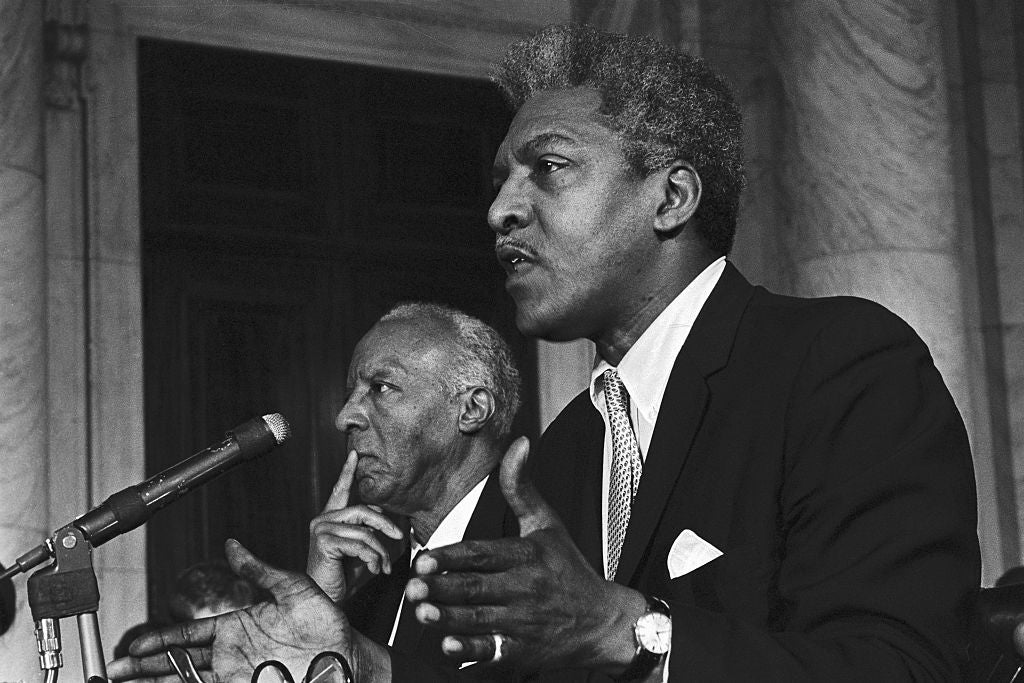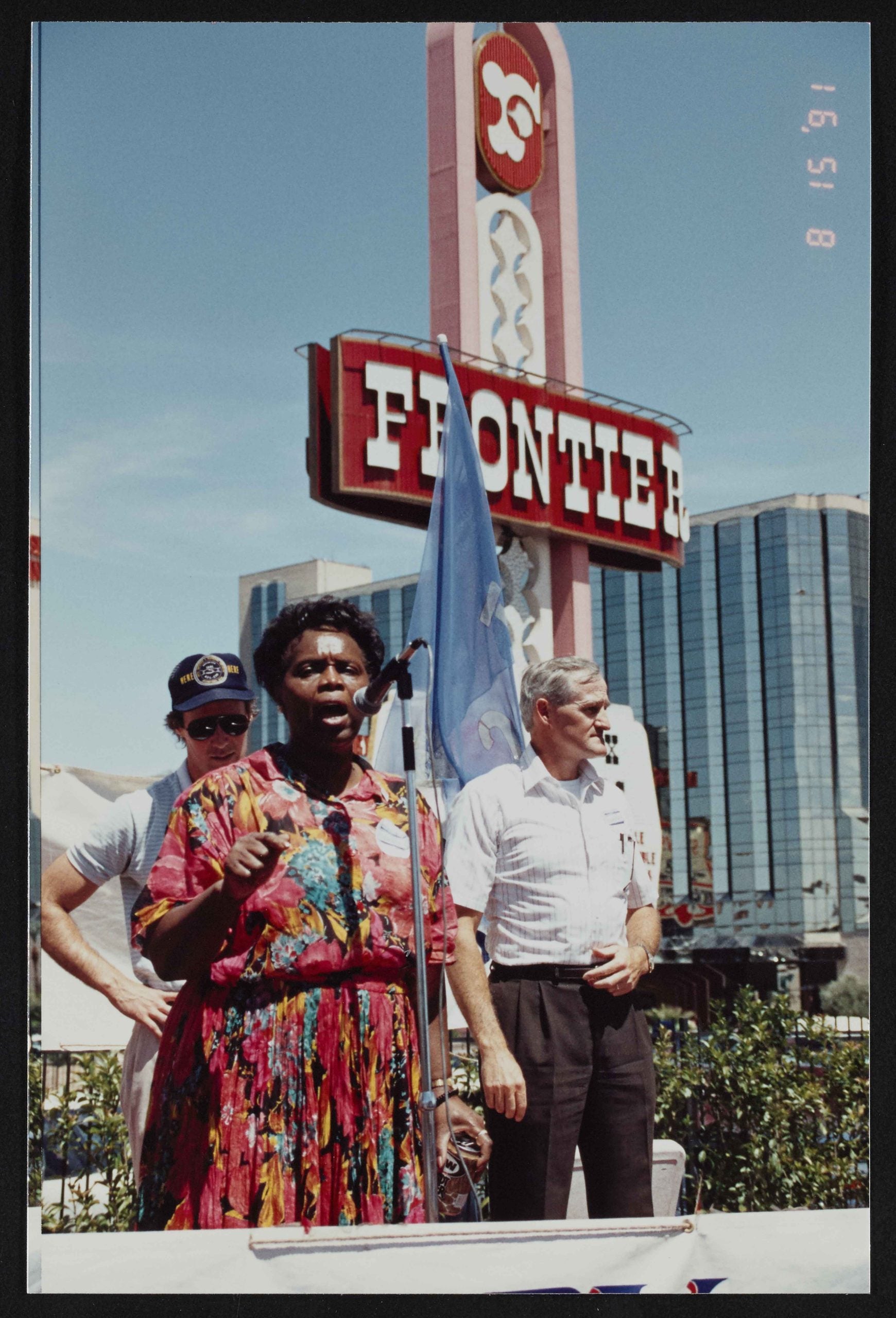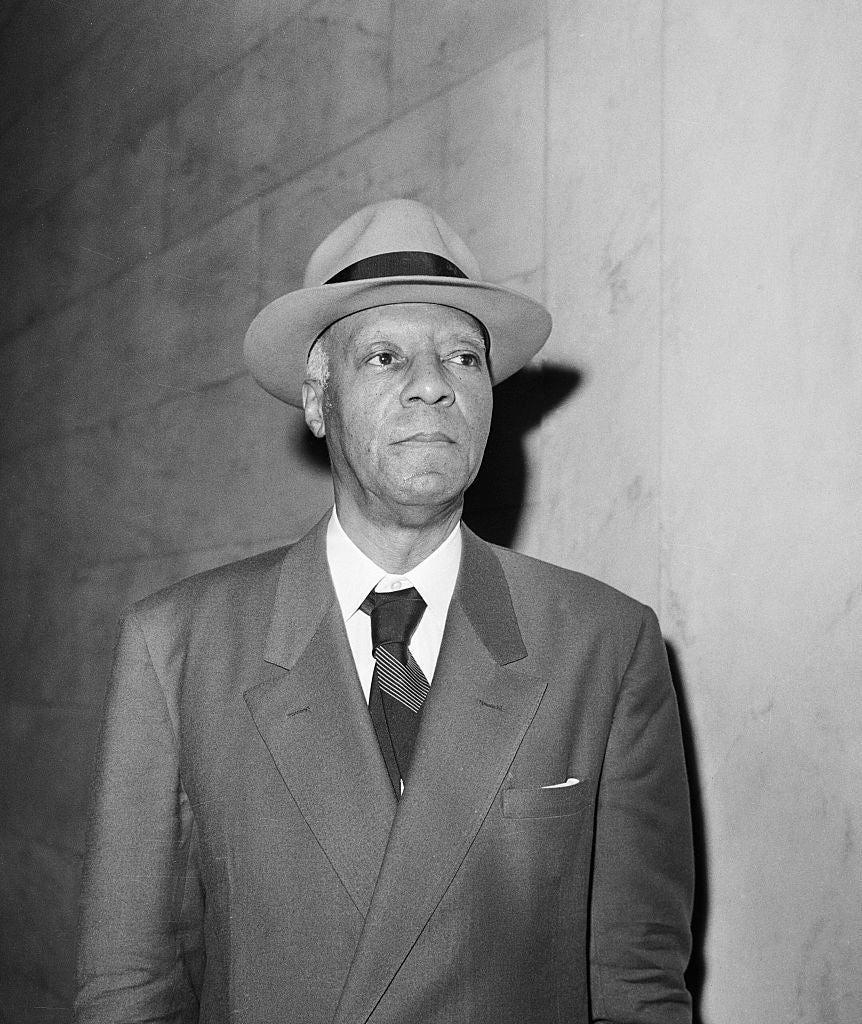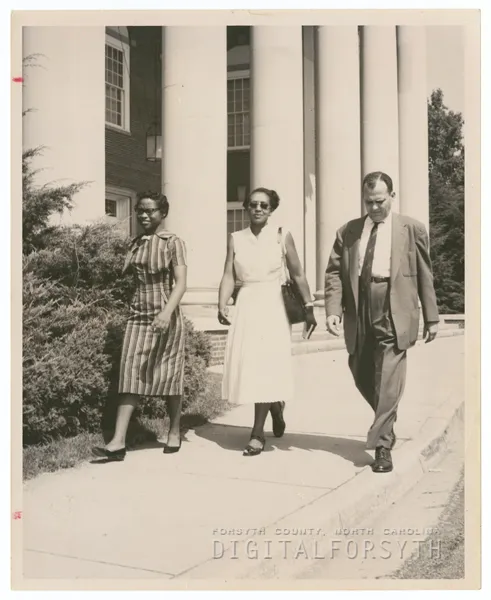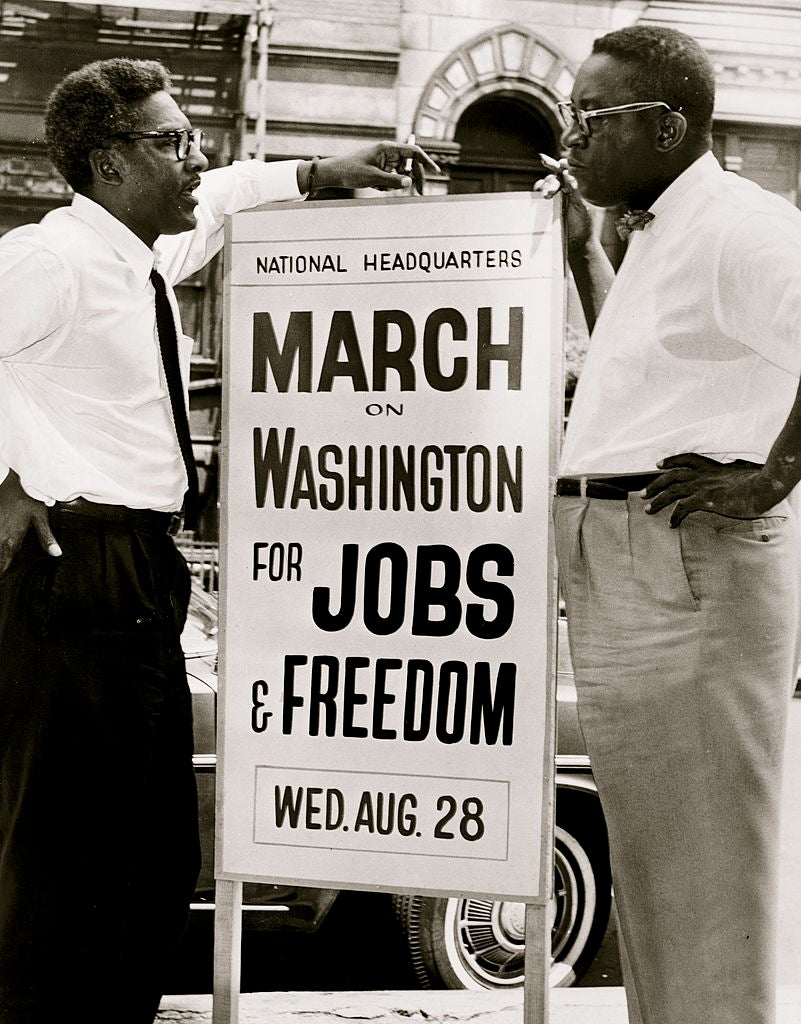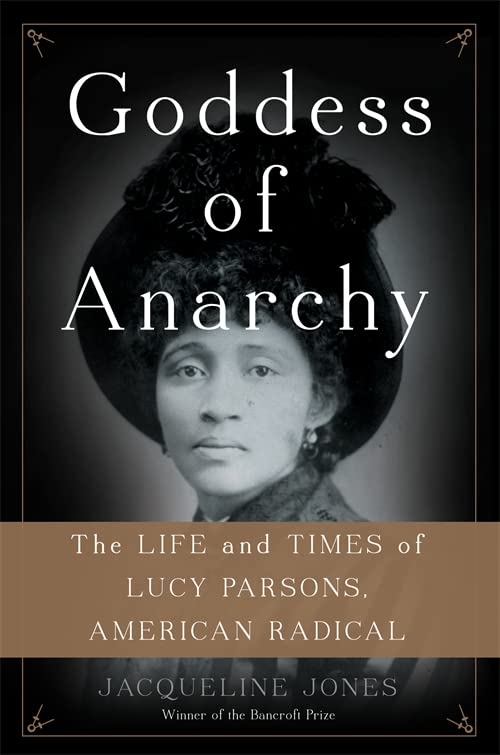Getting your Trinity Audio player ready…
Black organizing history tends to drop us in the 1960s with the Civil Rights Movement. But before that era, many Black activists were mobilizing workers and unionizing their jobs. This Labor Day holiday, meet five leaders who were dedicated to empowering workers and transforming our workplaces.
01
Hattie Canty
Hattie Canty is considered one of the greatest strike leaders in U.S. history. While Las Vegas was expanding rapidly with hotels and casinos, its hospitality workforce was growing as well. Under her leadership, her union, Culinary 226, “emerged as one of the largest unions in Southern Nevada, representing the tens of thousands of workers employed in the hospitality industry” when she became president in 1990. While president, she fought for workers to receive living wages and organized a 75-day walkout against Vegas casinos so culinary workers could get health insurance.
02
A. Phillip Randolph
Asa Phillip Randolph led a successful 10-year campaign starting in 1925 to unionize the all-Black male service staff of the Pullman sleeping cars, which were passenger trains with sleeping accommodations. The union, the Brotherhood of Sleeping Car Porters, was the first Black American labor union to sign a collective bargaining agreement with a major U.S. corporation. Randolph’s organizing prowess also led him to plan the March on Washington years before the 1963 march that became historically known. Randolph became the chair of the 1963 march, which had a primary focus of battling rampant racial discrimination in the workplace.
03
Velma Hopkins
Velma Hopkins (center) helped mobilize 10,000 workers to unionize the R.J Reynolds Tobacco company in Winston-Salem, NC in the 1940s. The union, Local 22, fought for better work conditions, pay, and civil rights at what was then the largest tobacco manufacturing company in the world.
04
Bayard Rustin
Though Bayard Rustin wasn’t named chair of the 1963 March on Washington (because of homophobia that could target him as a queer man and undermine the movement), he was its lead organizer, and he centered labor rights in the historic protest. In 1955, he came the Vice President of the AFL-CIO trade union when it merged from its separate organizations, the American Federation of Labor and the Congress of Industrial Organizations. Throughout the 80s, Rustin fought against poverty and supported movements for pay equity.
05
Lucy Parsons
The original elusive chanteuse, Lucy Parsons was dodgy about her personal life and ethnicity (she claimed she was Mexican and indigenous, though research shows she had an African American mother). But Parsons, who was born Lucia Parsons, was very clear about targeting the titans of industry and encouraged workers to radically fight them in the late 1880s. The socialist and anarchist was married to one of the protestors in the infamous Haymarket Square labor protest in Chicago. She came to prominence when her husband, Albert Parsons, was executed for his involvement in the protest. The widow began to travel widely speaking out against capitalist greed and denouncing America’s unjust political system.
TOPICS: Labor Day
